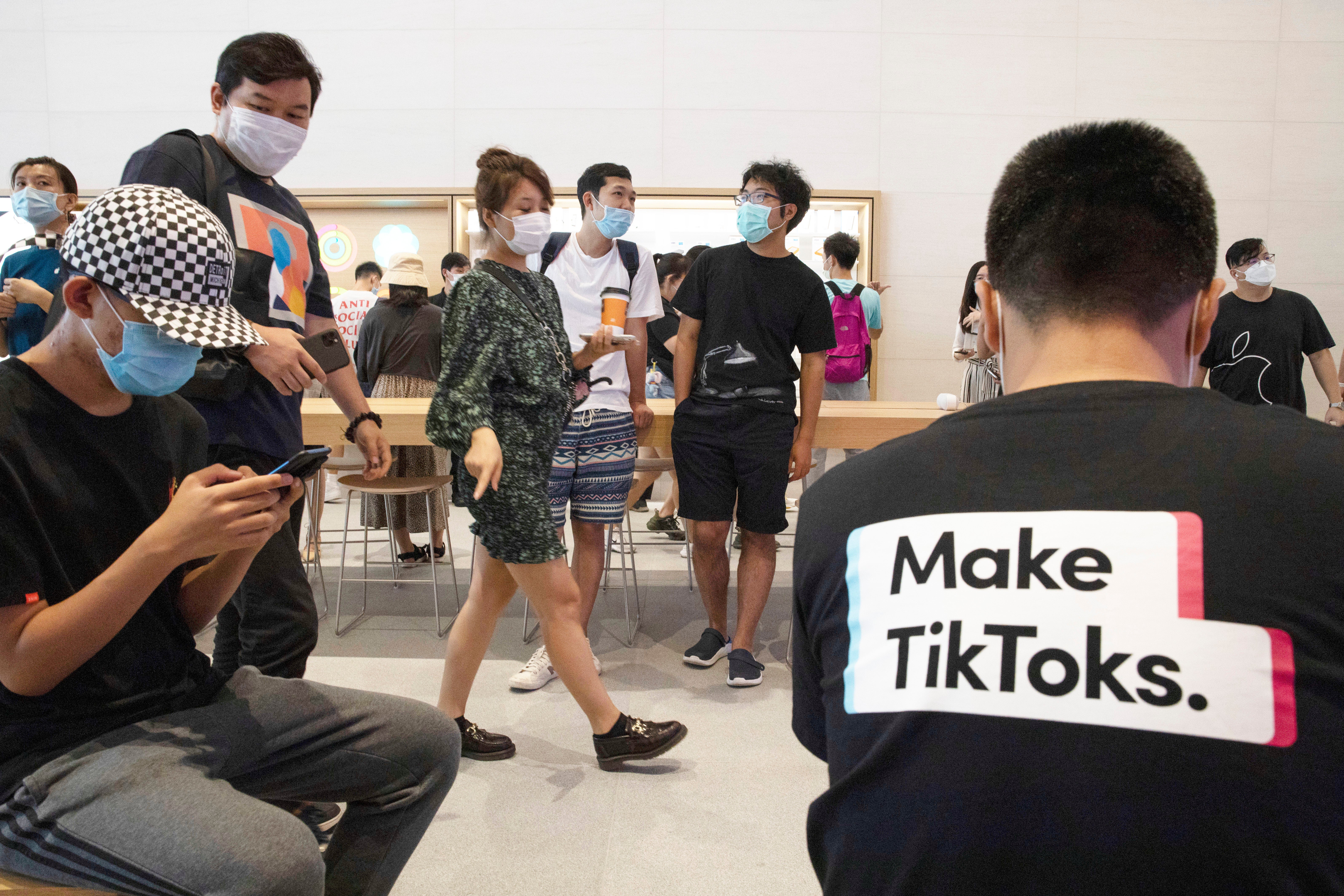TikTok says it didn't take part in Australia security probes
TikTok executives have told a Senate committee that they lobbied Australian lawmakers but did not engage with investigators before the government concluded that the video-sharing app did not pose a security threat

Your support helps us to tell the story
From reproductive rights to climate change to Big Tech, The Independent is on the ground when the story is developing. Whether it's investigating the financials of Elon Musk's pro-Trump PAC or producing our latest documentary, 'The A Word', which shines a light on the American women fighting for reproductive rights, we know how important it is to parse out the facts from the messaging.
At such a critical moment in US history, we need reporters on the ground. Your donation allows us to keep sending journalists to speak to both sides of the story.
The Independent is trusted by Americans across the entire political spectrum. And unlike many other quality news outlets, we choose not to lock Americans out of our reporting and analysis with paywalls. We believe quality journalism should be available to everyone, paid for by those who can afford it.
Your support makes all the difference.TikTok executives told a Senate committee on Friday that they lobbied Australian lawmakers but did not engage with investigators before the government concluded that the video-sharing app did not pose a security threat.
The executives were questioned by a committee that is examining foreign interference in Australia through social media.
The Chinese-owned app has come under intense scrutiny in Australia after President Donald Trump threatened to ban it from the United States on national security grounds.
TikTok general manager for Australia and New Zealand, Lee Hunter, said the Australian government “recently concluded that there was no reason to restrict us.”
Australia’s Home Affairs Department and security agencies examined whether the social media company posed a security threat by harvesting users’ data.
Committee chair Jenny McAllister, an opposition senator, said the Home Affairs Department should have spoken to TikTok as part of its security investigation. Its failure to do so was “quite incredible to me,” she said.
TikTok director of public policy for Australia and New Zealand, Brent Thomas, said the business did not participate in the investigations.
“We reached out to a range of federal politicians, including every member of the Australian Cabinet, and we did have discussions with the relevant ministers’ offices who were in charge of those departments, but we were not asked to engage directly with those agencies,” Thomas said.
Prime Minister Scott Morrison distanced Australia from the U.S. stance on TikTok last month when he said “there is nothing at this point that would suggest to us that security interests have been compromised or Australian citizens have been compromised.”
The move was seen as one that might briefly improve his government’s fractious relationship with China.
The TikTok executives said they first heard of the outcome of the investigations from media reports of Morrison’s comments, although they had since received government confirmation.
TikTok’s owner ByteDance said Thursday it had applied for a Chinese technology export license as it tries to complete a deal with Oracle and Walmart to keep the app operating in the United States.
TikTok also asked a U.S judge to block the Trump Administration’s attempt to ban the app from Sunday, suggesting that a deal to partner with Oracle and Walmart to form as U.S. company remained unsettled.
The Australian TikTok executives did not directly answer when McAllister asked if the U.S. deal would make TikTok safer for Australian users.
“The deal is ongoing. Unfortunately I’m not privy to the actual content of the discussions and because it is of such a commercially sensitive nature, I unfortunately don’t have information that I can share with you at this time,” Hunter said.